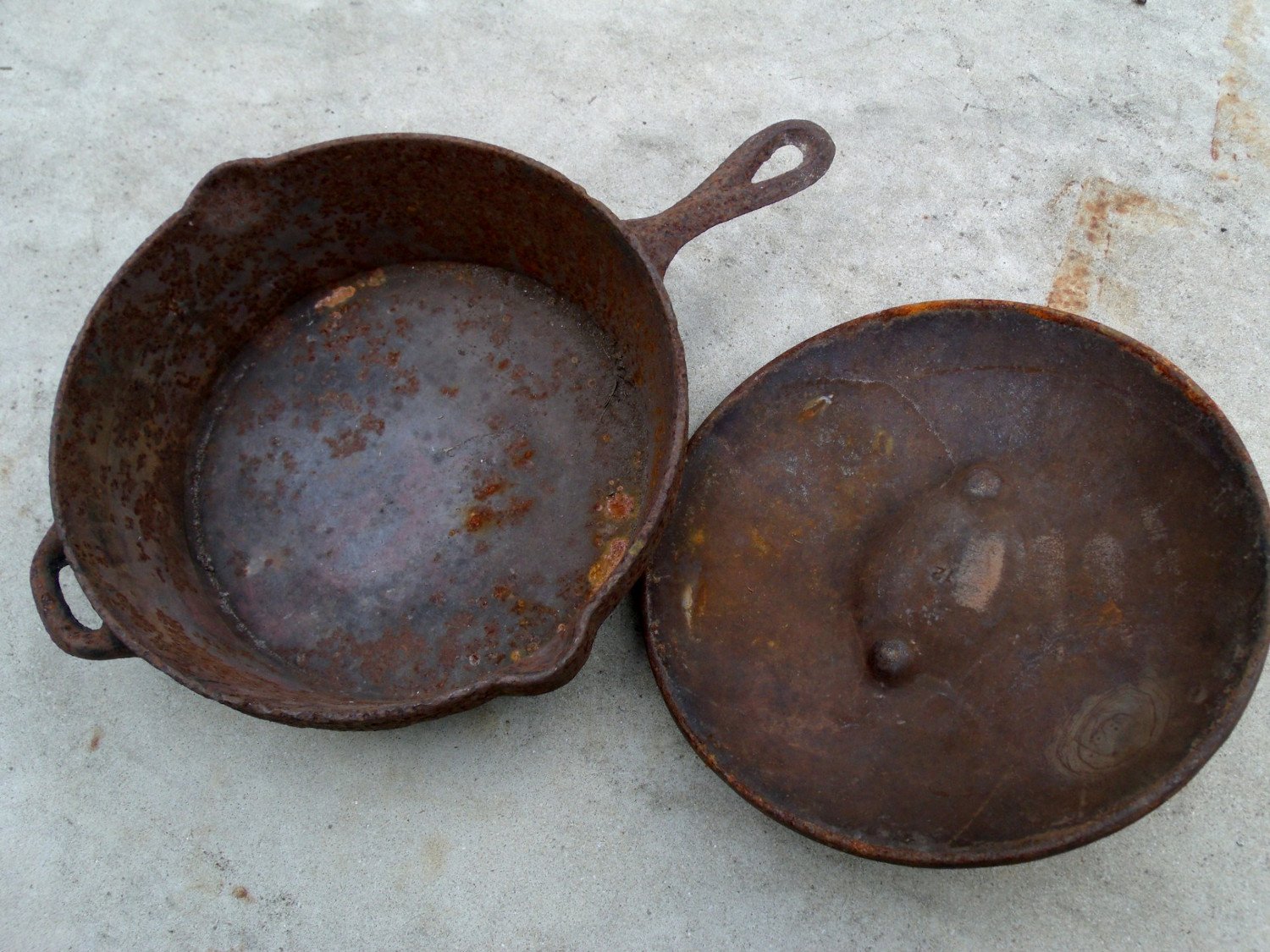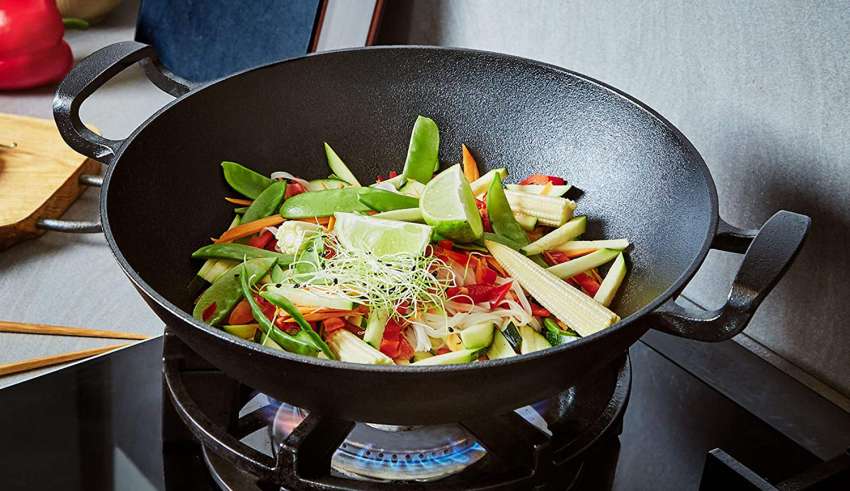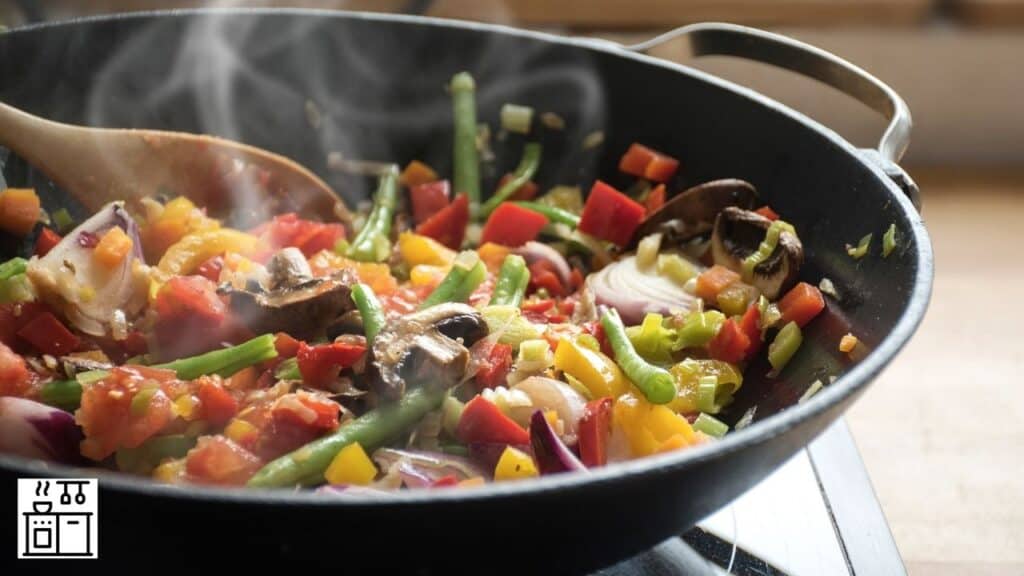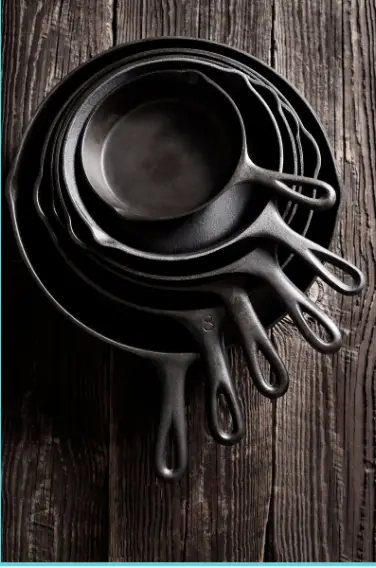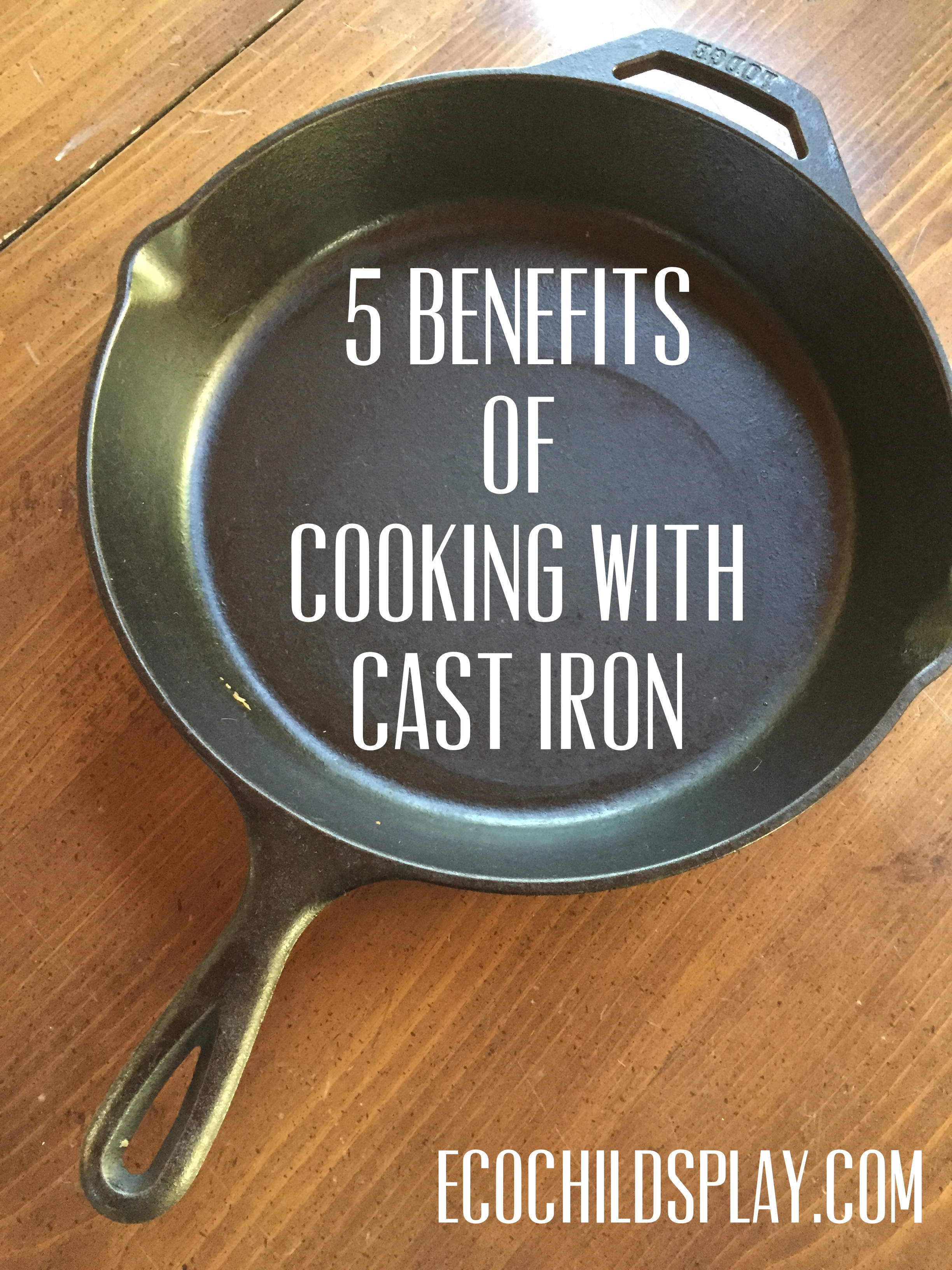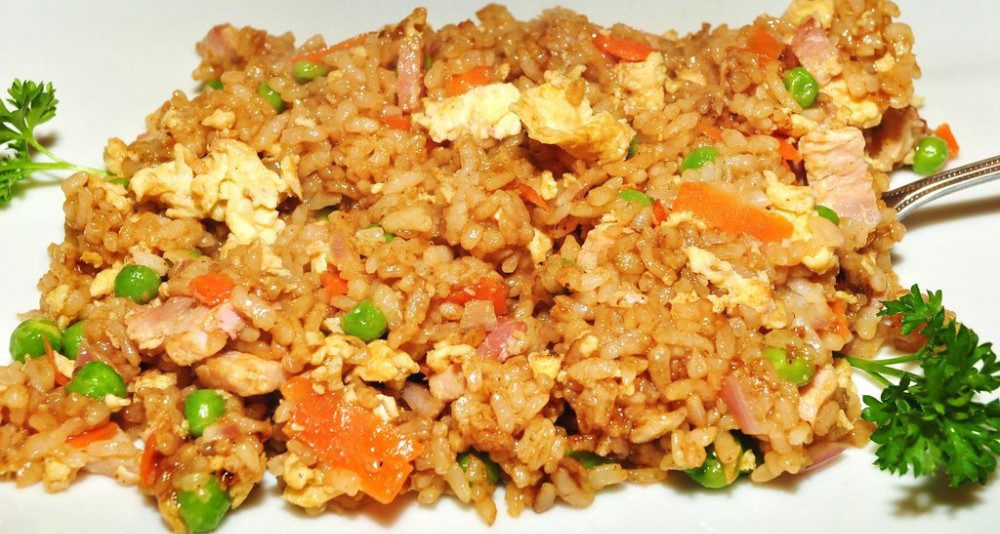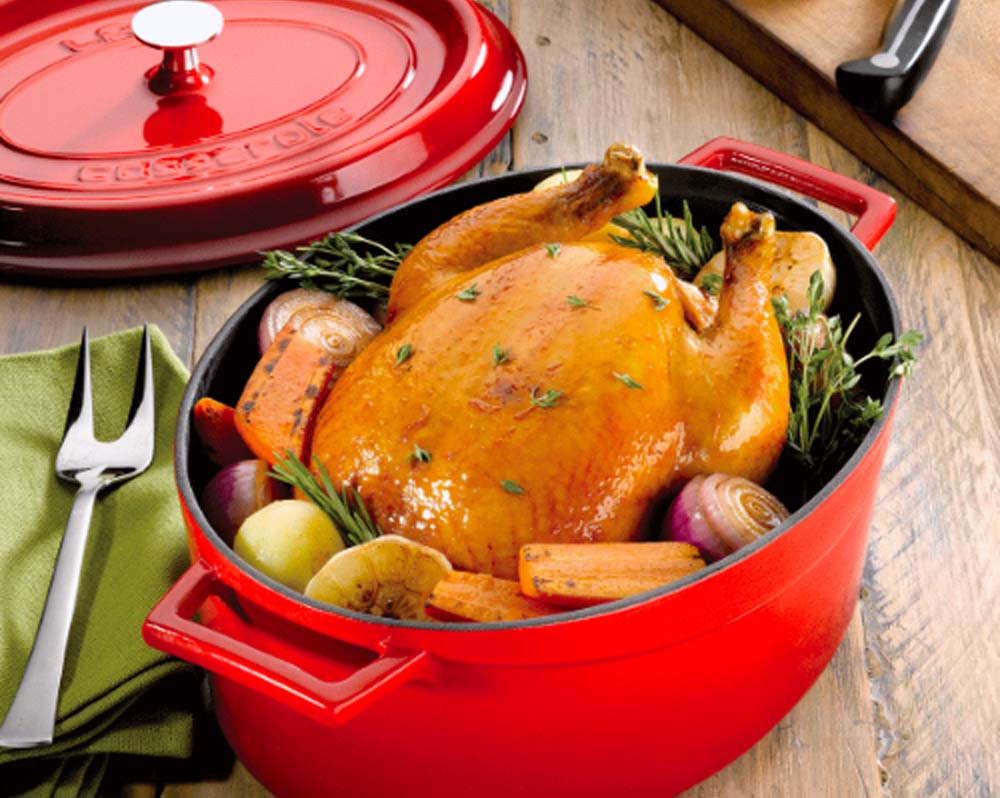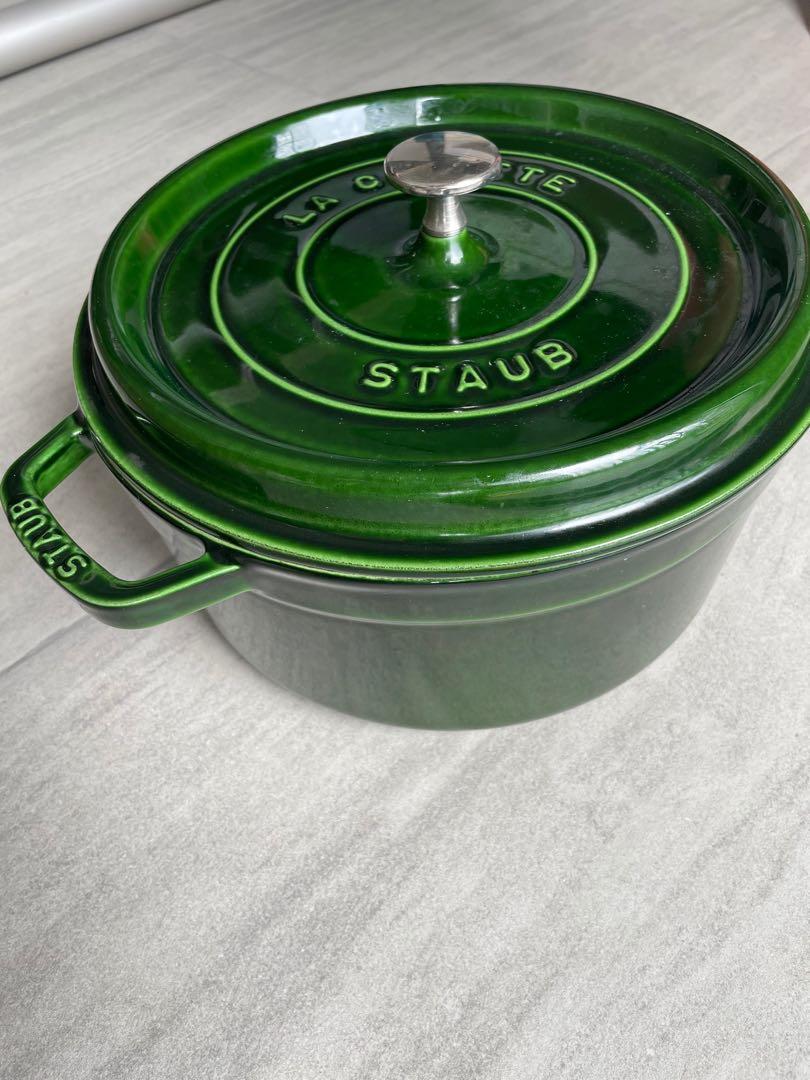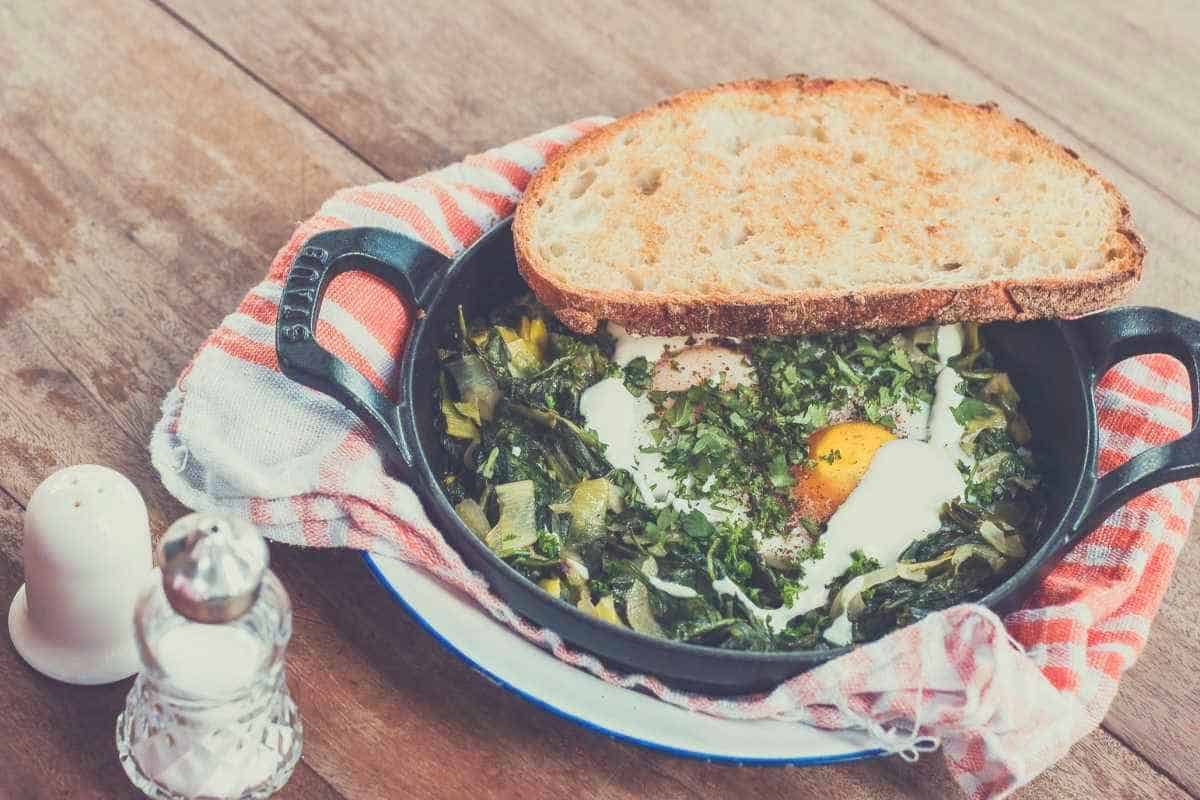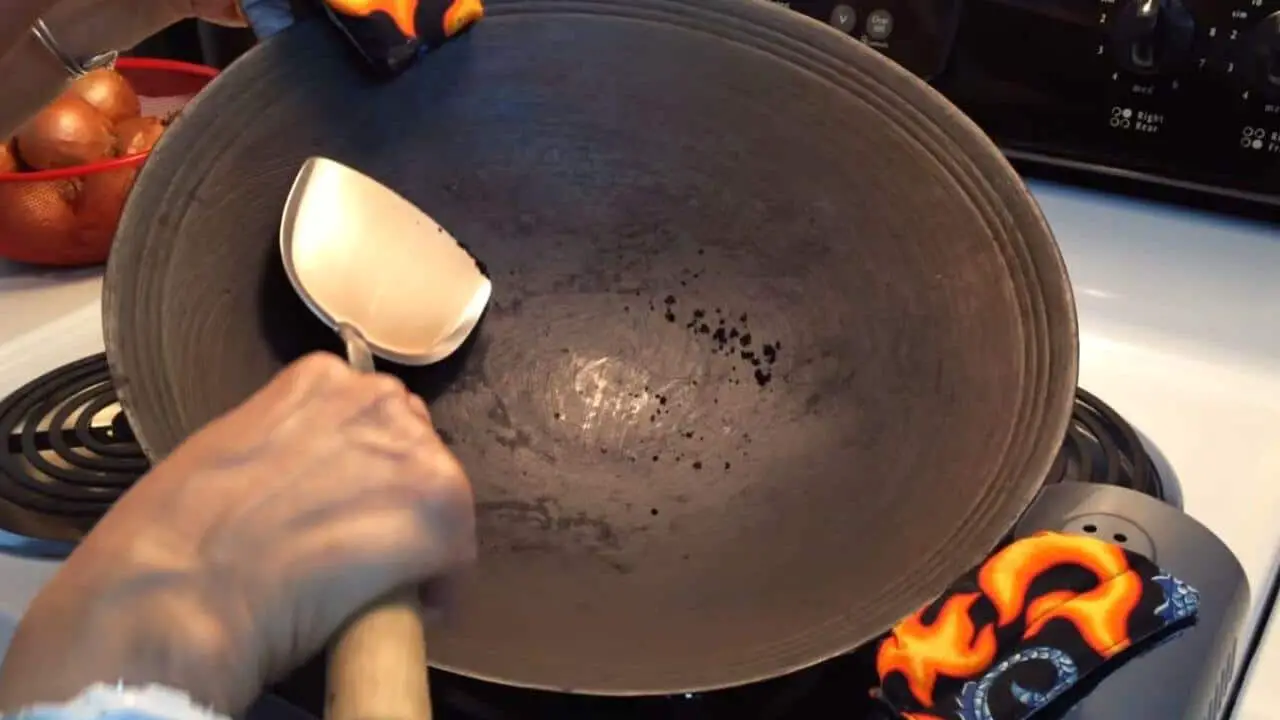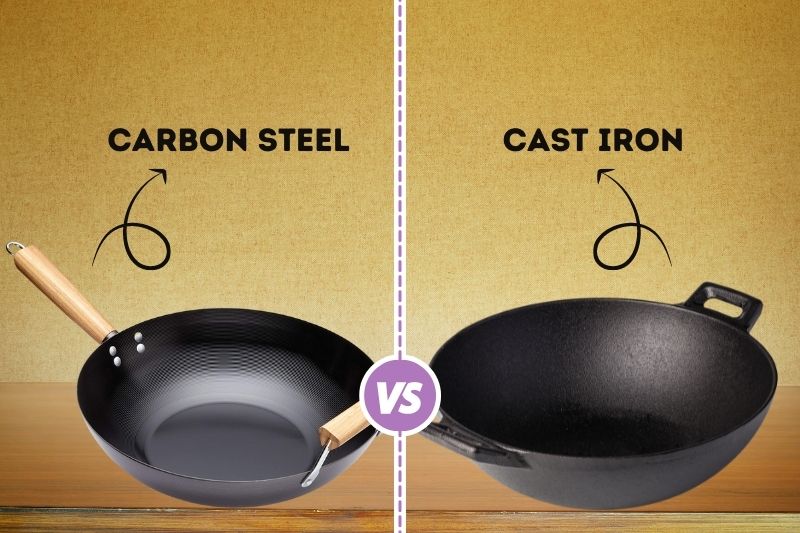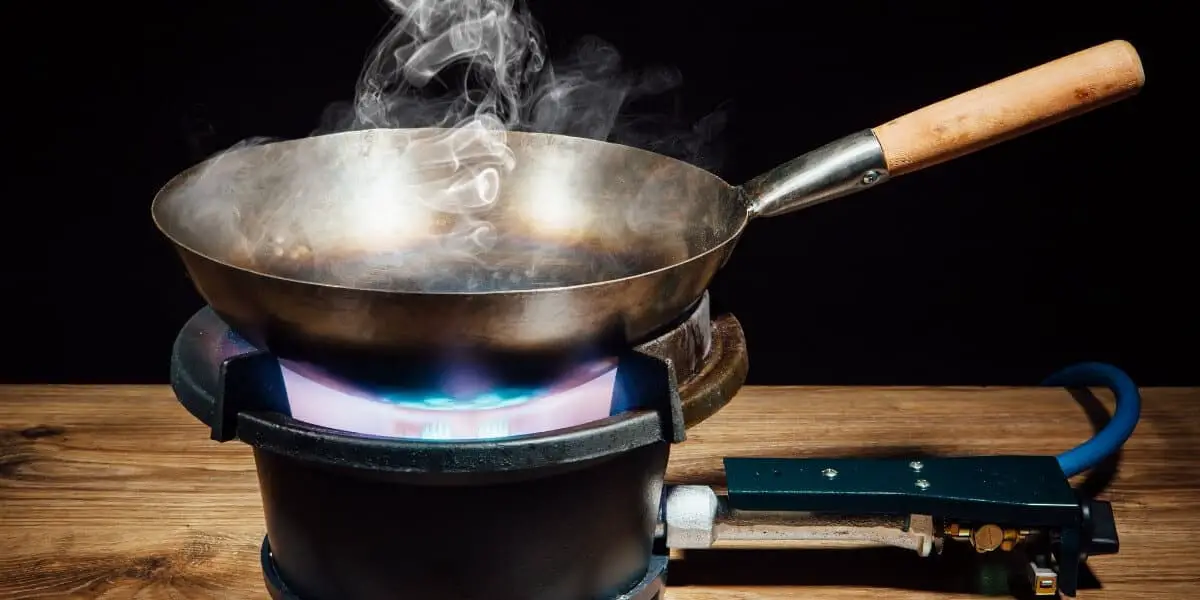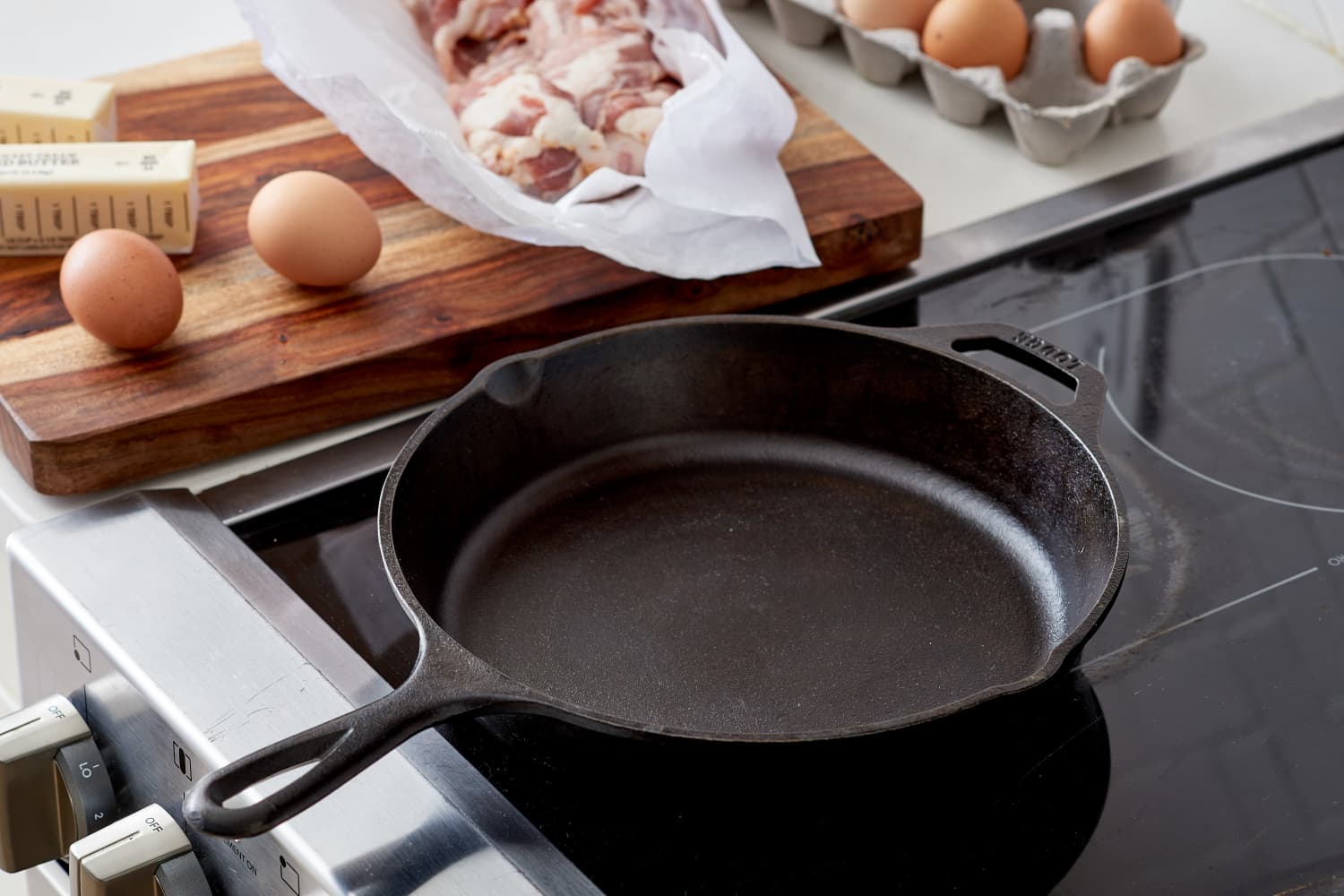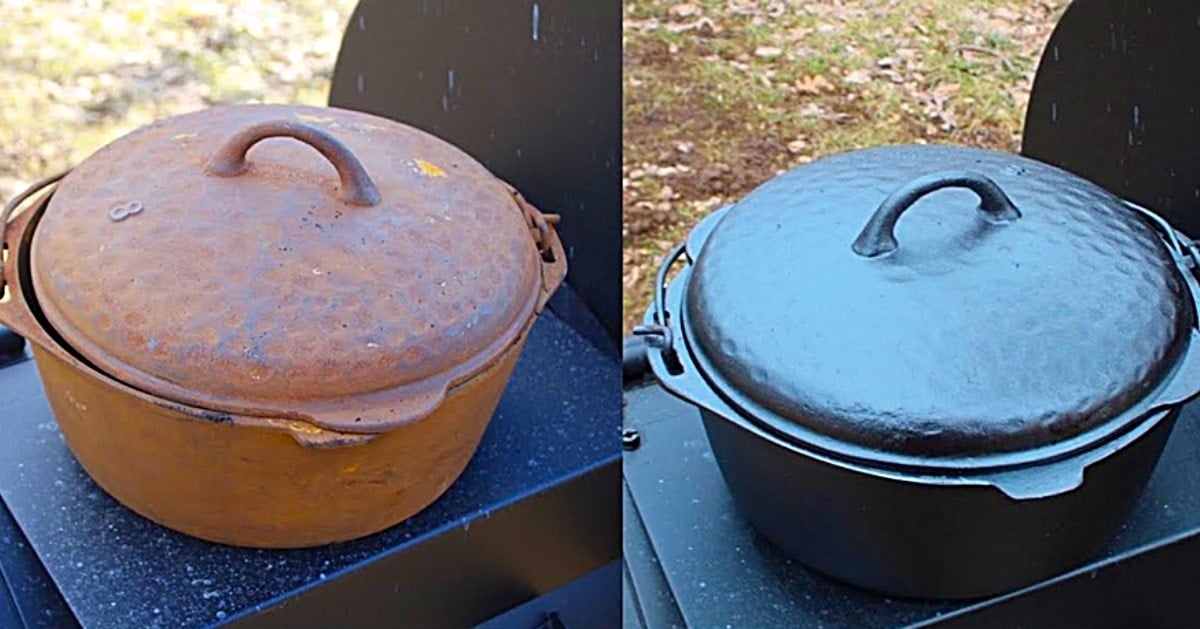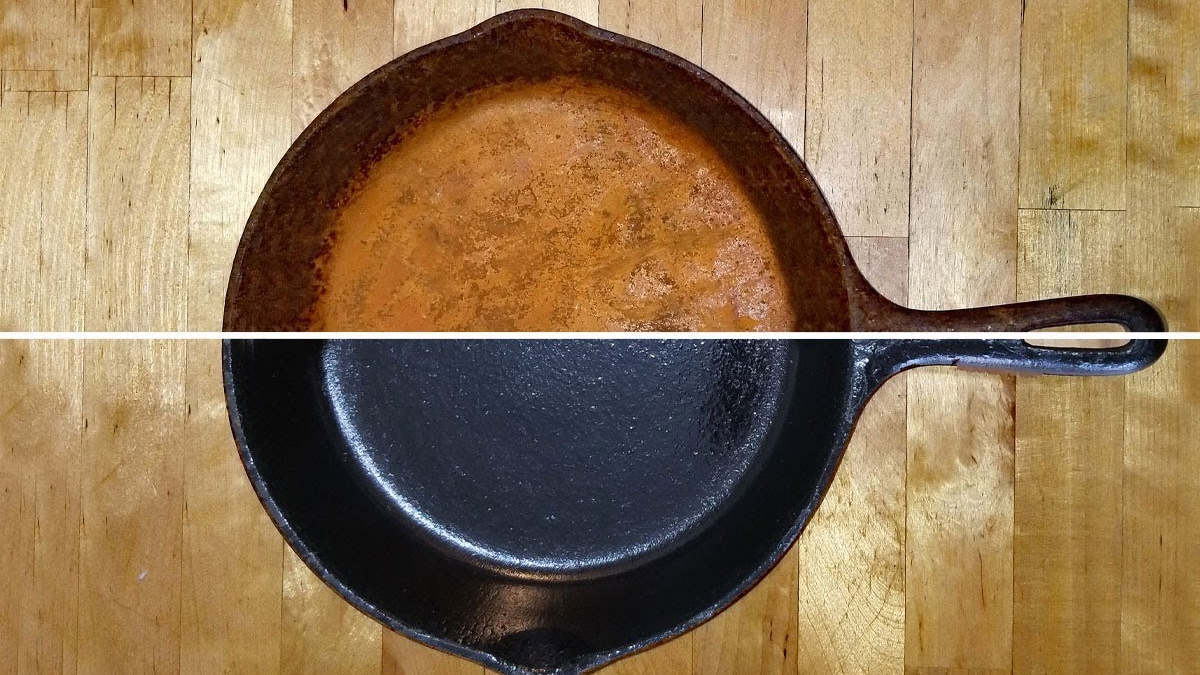Cast iron woks are a staple in many kitchens, thanks to their durability, versatility, and ability to evenly distribute heat. However, to ensure that your cast iron wok lasts for years to come, it's important to properly care for it. Here are some essential tips on how to care for your cast iron wok.How to Care for Your Cast Iron Wok
Seasoning is the process of creating a non-stick surface on your cast iron wok. This is done by heating oil on the surface of the wok, which creates a layer of polymerized oil that prevents food from sticking. To season your cast iron wok, first, wash it with warm water and dry it thoroughly. Then, using a paper towel or cloth, apply a thin layer of oil (such as vegetable or flaxseed oil) to the surface of the wok. Place the wok on a stovetop over high heat and let it sit for about 10 minutes, or until the oil starts to smoke. Repeat this process several times to ensure a well-seasoned wok.How to Season a Cast Iron Wok
When using your cast iron wok, it's important to follow some best practices to ensure its longevity. First, always preheat your wok before adding any ingredients. This helps to prevent food from sticking. Also, avoid using metal utensils on your wok, as they can scratch the surface and ruin the seasoning. Instead, opt for wooden or silicone utensils. Another tip is to avoid cooking acidic foods in your wok, as they can damage the seasoning. If you must cook acidic foods, add them towards the end of the cooking process.Best Practices for Using a Cast Iron Wok
To clean your cast iron wok, simply use warm water and a soft sponge or brush. Avoid using soap, as it can strip away the seasoning. If there are stubborn food particles stuck to the surface, you can use a bit of kosher salt and a paper towel to scrub them away. After cleaning, make sure to dry the wok thoroughly to prevent rusting. If your wok does develop rust, you can use steel wool to remove it and then re-season the wok. It's also important to store your cast iron wok in a dry place to prevent rusting.Cleaning and Maintenance Tips for Your Cast Iron Wok
Cast iron is a popular material for woks due to its durability and heat retention properties. Unlike other materials, such as stainless steel or non-stick coated pans, cast iron can withstand high heat without warping or losing its non-stick properties. It also distributes heat evenly, which is essential for stir-frying. Additionally, cast iron is an affordable option and can last for generations if properly cared for.Why Cast Iron is the Best Material for Woks
Storing your cast iron wok properly is crucial for maintaining its quality. After cleaning and drying your wok, store it in a cool, dry place with a lid or cover to prevent dust or moisture from getting in. This will also help to prevent rusting. If you have limited storage space, you can stack your wok with other pots and pans, but make sure to place a towel or paper towel between each one to avoid scratching the surface.How to Properly Store Your Cast Iron Wok
Aside from its durability and heat retention properties, there are many benefits to using a cast iron wok in your kitchen. Cast iron is a versatile material that can be used for stir-frying, deep frying, steaming, and more. It also adds iron to your food, making it a healthier option. Cast iron woks are also relatively easy to clean and maintain, making them a convenient choice for everyday use.The Benefits of Using a Cast Iron Wok in Your Kitchen
Cast iron woks come in a variety of sizes, ranging from 10 inches to 16 inches in diameter. Choosing the right size wok for your kitchen depends on your cooking needs and the size of your stovetop. For home cooks, a 12-inch wok is a good option, as it can handle a wide range of dishes and is suitable for most stovetops. However, if you have a larger family or frequently cook for a crowd, a 14-inch or 16-inch wok may be more suitable.How to Choose the Right Size Cast Iron Wok for Your Kitchen
While cast iron woks are relatively easy to use and maintain, there are some common mistakes that can ruin your wok. One of the biggest mistakes is using soap to clean your wok, as it can strip away the seasoning. Another mistake is not properly drying your wok after cleaning, which can lead to rusting. Using metal utensils, cooking acidic foods, and storing your wok in a damp environment are also common mistakes to avoid.Common Mistakes to Avoid When Using a Cast Iron Wok
If you inherit or come across an old cast iron wok that has lost its seasoning or has developed rust, don't worry. You can easily restore it to its former glory. First, use steel wool to remove any rust and then re-season the wok using the same process as mentioned earlier. With some patience and care, your old wok can become as good as new.How to Restore an Old Cast Iron Wok
Why Cast Iron Wok is a Must-Have for Every Global Kitchen: Tips for Care and Maintenance

The Versatility and Durability of Cast Iron Wok
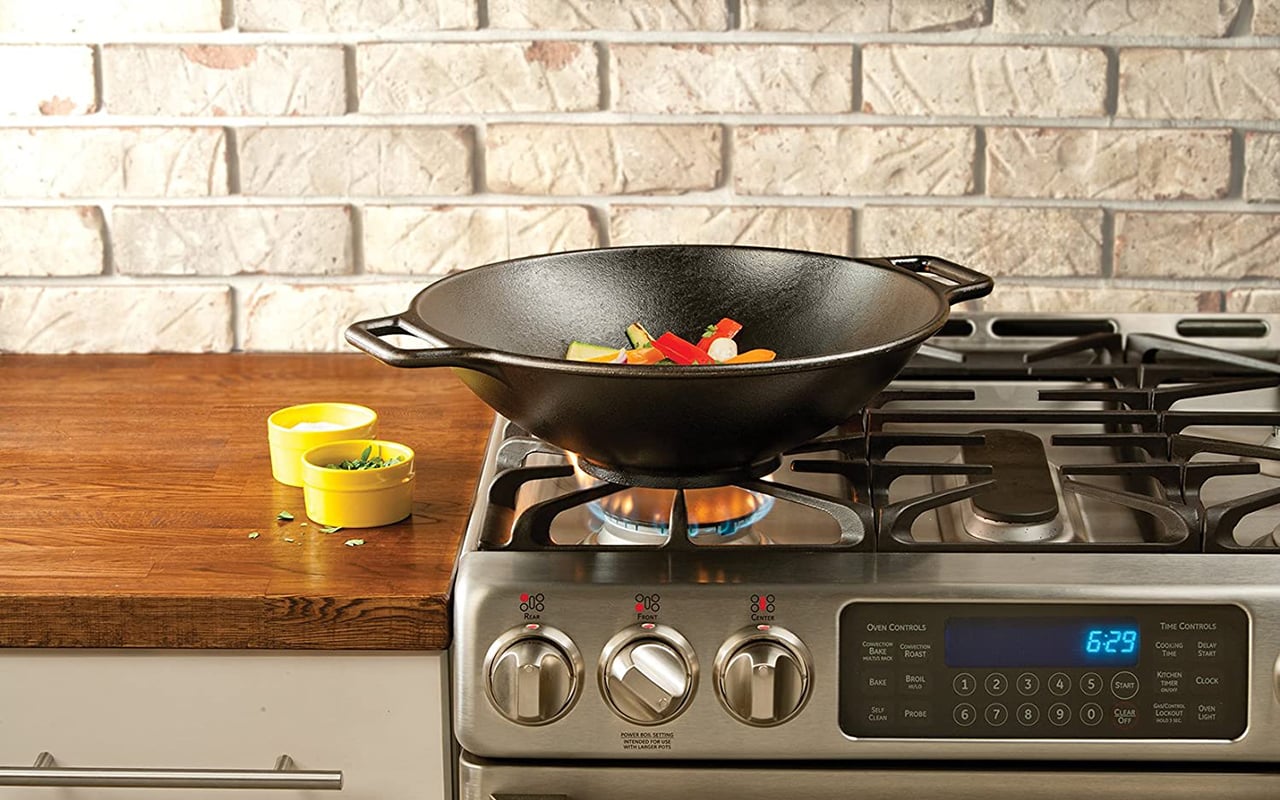 When it comes to creating delicious and authentic global dishes, having the right cookware is essential. And one piece of cookware that should not be missing from any global kitchen is a
cast iron wok
. This versatile and durable piece of cookware has been used for centuries in Asian cuisine and has since gained popularity in kitchens all over the world. Its unique shape and material make it perfect for stir-frying, deep-frying, steaming, and even roasting. But to keep your cast iron wok in top condition and ensure it lasts for years to come, proper care and maintenance are crucial.
When it comes to creating delicious and authentic global dishes, having the right cookware is essential. And one piece of cookware that should not be missing from any global kitchen is a
cast iron wok
. This versatile and durable piece of cookware has been used for centuries in Asian cuisine and has since gained popularity in kitchens all over the world. Its unique shape and material make it perfect for stir-frying, deep-frying, steaming, and even roasting. But to keep your cast iron wok in top condition and ensure it lasts for years to come, proper care and maintenance are crucial.
Caring for Your Cast Iron Wok
 The first step in taking care of your cast iron wok is to properly season it. This process involves coating the surface of the wok with a thin layer of oil and heating it in the oven or on the stovetop. This creates a natural non-stick surface and prevents rust from forming.
Coconut oil
or
flaxseed oil
are great options for seasoning your cast iron wok, as they have a high smoke point and can withstand high heat.
Once your wok is seasoned, it's important to
clean
it properly after each use. Avoid using harsh chemicals or abrasive scrubbers, as these can damage the seasoning. Instead, use hot water and a
soft sponge
to gently scrub away any food residue. If there are stubborn bits stuck to the wok, you can use a
plastic scraper
or
bamboo brush
to remove them.
The first step in taking care of your cast iron wok is to properly season it. This process involves coating the surface of the wok with a thin layer of oil and heating it in the oven or on the stovetop. This creates a natural non-stick surface and prevents rust from forming.
Coconut oil
or
flaxseed oil
are great options for seasoning your cast iron wok, as they have a high smoke point and can withstand high heat.
Once your wok is seasoned, it's important to
clean
it properly after each use. Avoid using harsh chemicals or abrasive scrubbers, as these can damage the seasoning. Instead, use hot water and a
soft sponge
to gently scrub away any food residue. If there are stubborn bits stuck to the wok, you can use a
plastic scraper
or
bamboo brush
to remove them.
Storing Your Cast Iron Wok
 After cleaning, make sure to
dry
your cast iron wok thoroughly. Any remaining moisture can cause rust to form. You can either dry it with a towel or place it on the stovetop over low heat until all the water has evaporated. Once dry, rub a small amount of oil on the surface of the wok to keep it well-seasoned.
When it comes to storing your cast iron wok, avoid stacking it with other heavy cookware on top. This can cause the wok to become misshapen and difficult to use. Instead, store it in a
cool, dry
place with a cloth or paper towel placed inside to absorb any excess moisture.
After cleaning, make sure to
dry
your cast iron wok thoroughly. Any remaining moisture can cause rust to form. You can either dry it with a towel or place it on the stovetop over low heat until all the water has evaporated. Once dry, rub a small amount of oil on the surface of the wok to keep it well-seasoned.
When it comes to storing your cast iron wok, avoid stacking it with other heavy cookware on top. This can cause the wok to become misshapen and difficult to use. Instead, store it in a
cool, dry
place with a cloth or paper towel placed inside to absorb any excess moisture.
Conclusion
 A cast iron wok is a valuable addition to any global kitchen, providing versatility and durability for a variety of cooking methods. By properly caring for and maintaining your cast iron wok, you can ensure its longevity and continue creating delicious dishes for years to come. So, make sure to follow these tips and enjoy the benefits of using a cast iron wok in your kitchen.
A cast iron wok is a valuable addition to any global kitchen, providing versatility and durability for a variety of cooking methods. By properly caring for and maintaining your cast iron wok, you can ensure its longevity and continue creating delicious dishes for years to come. So, make sure to follow these tips and enjoy the benefits of using a cast iron wok in your kitchen.



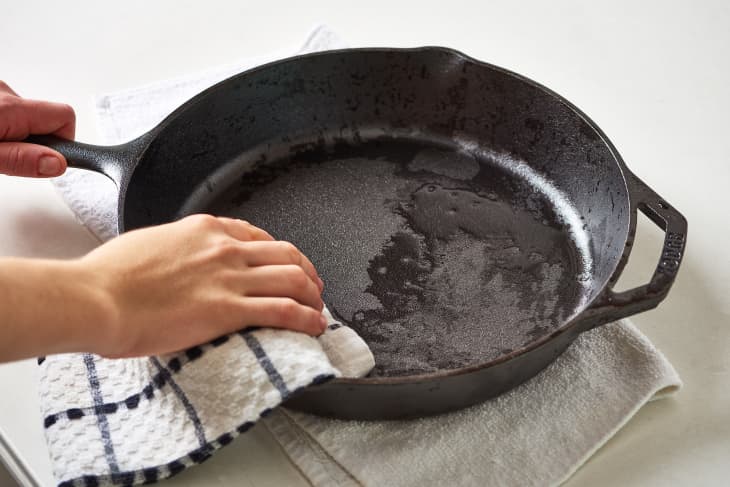



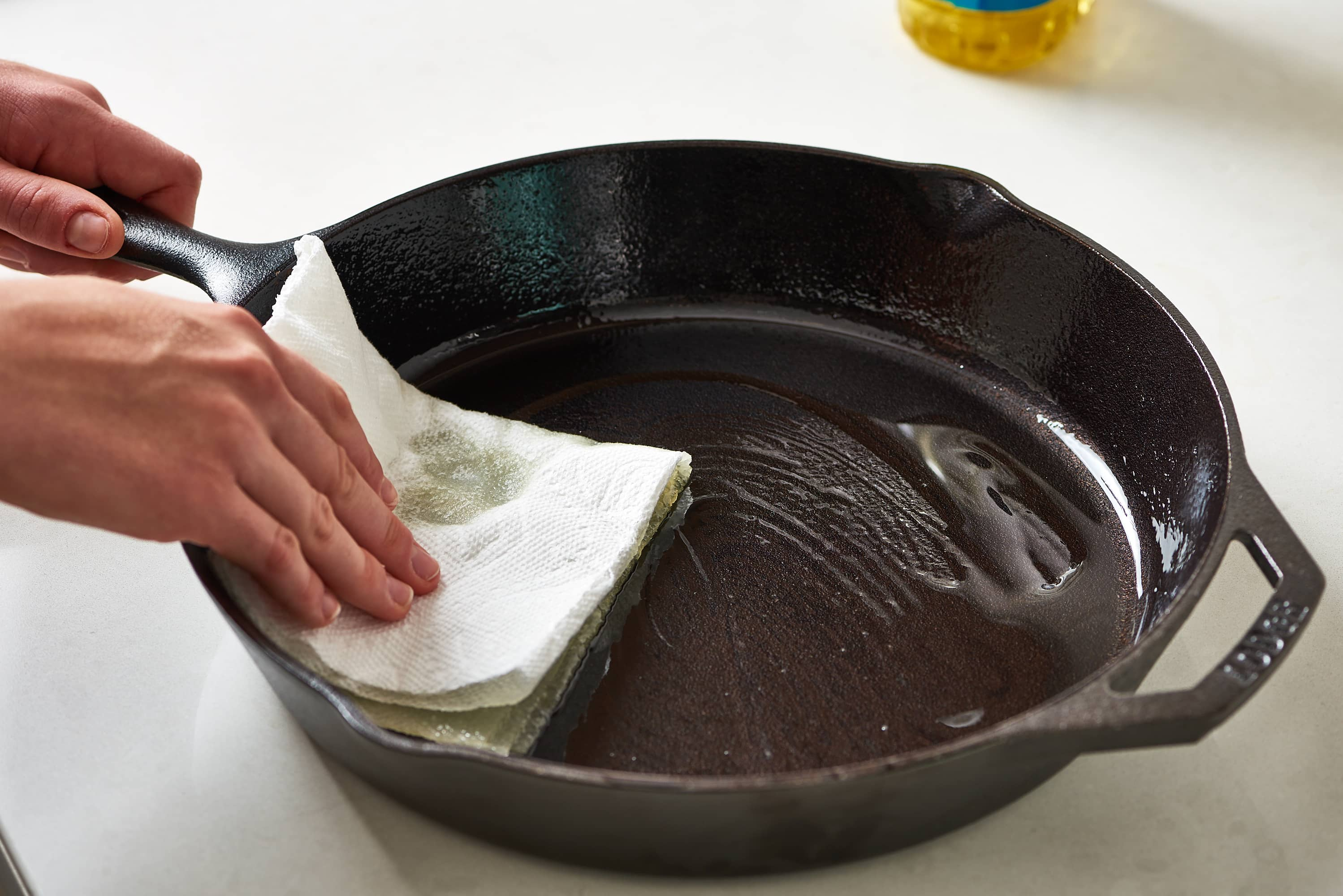
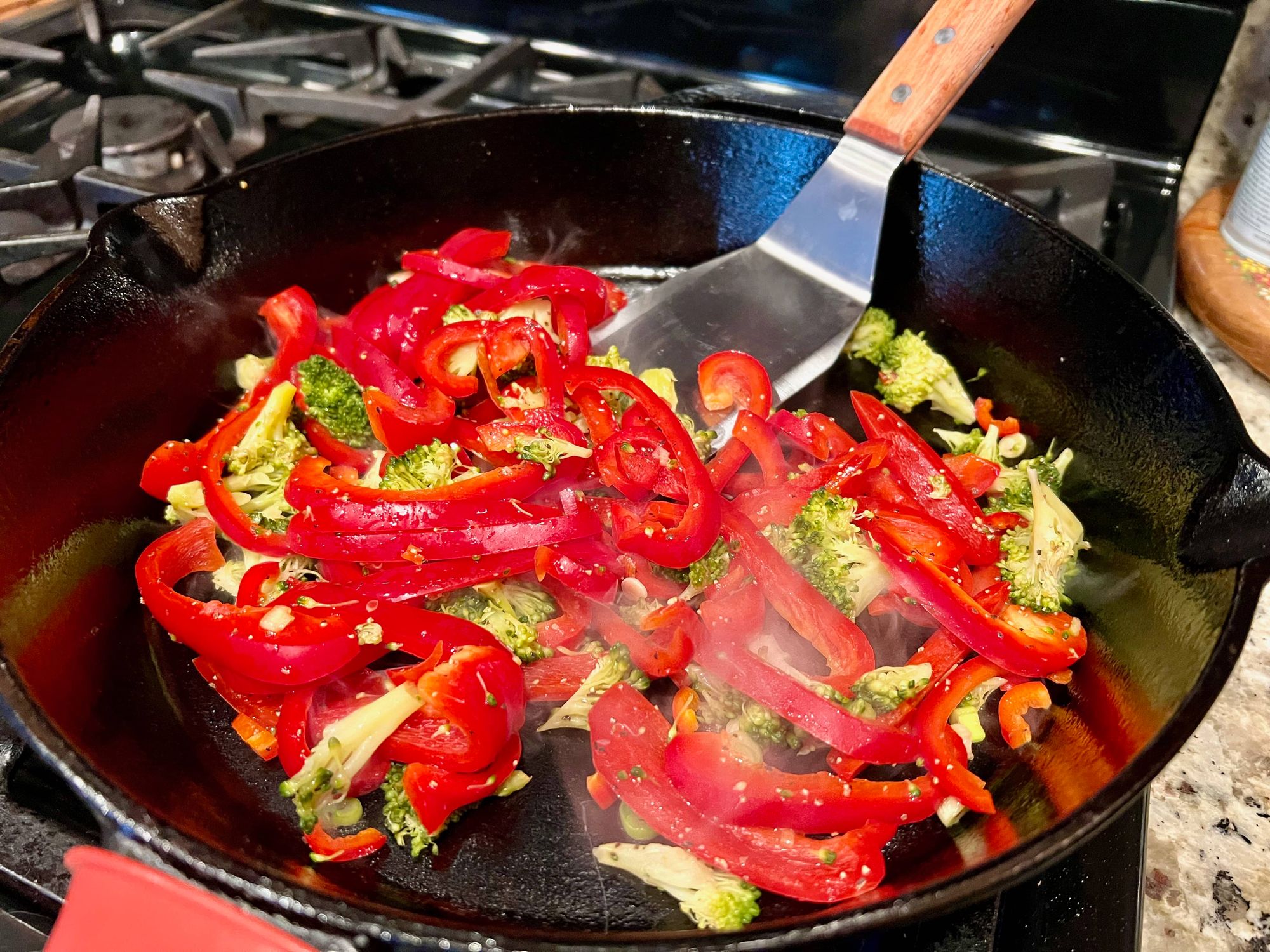

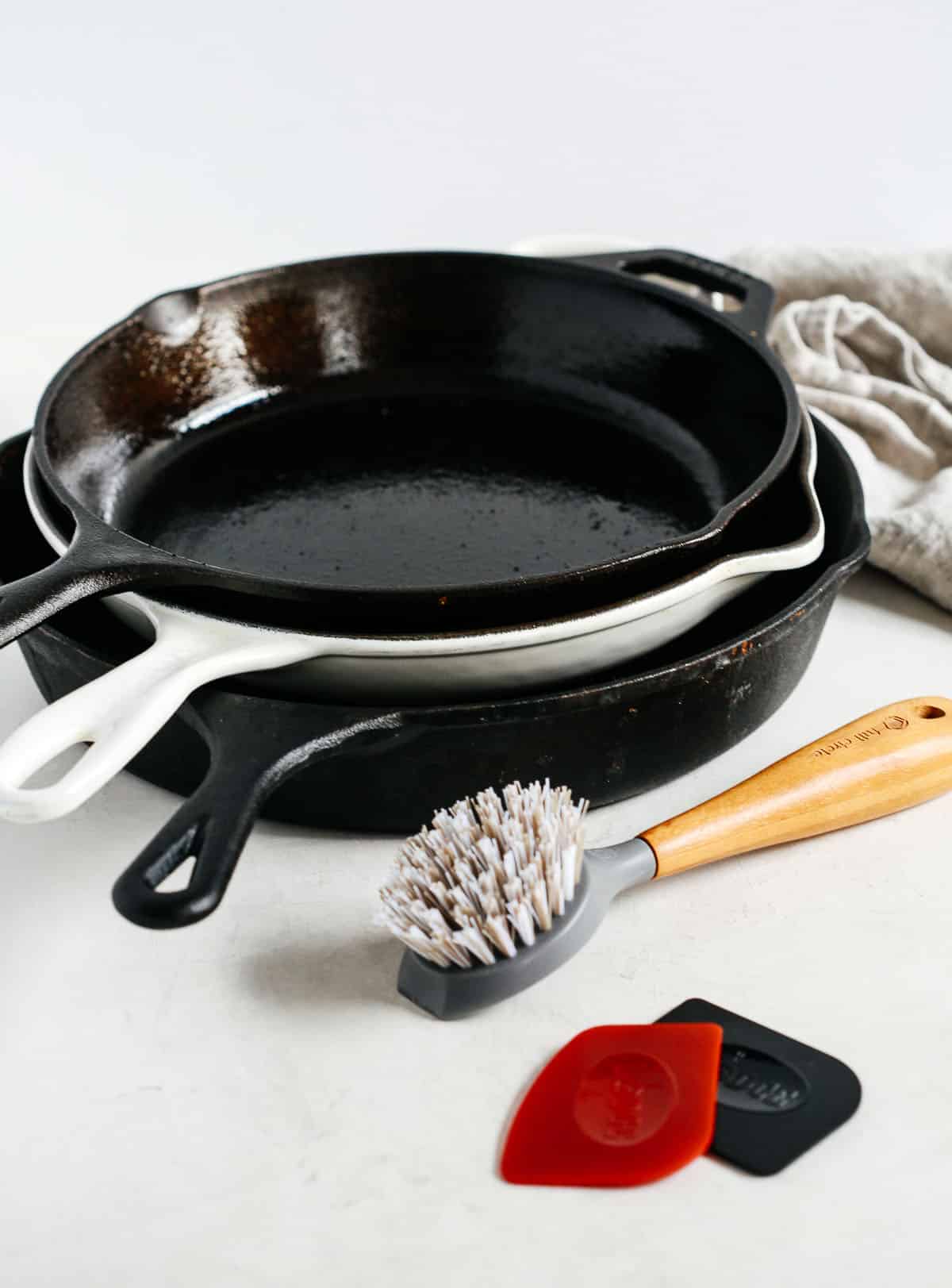




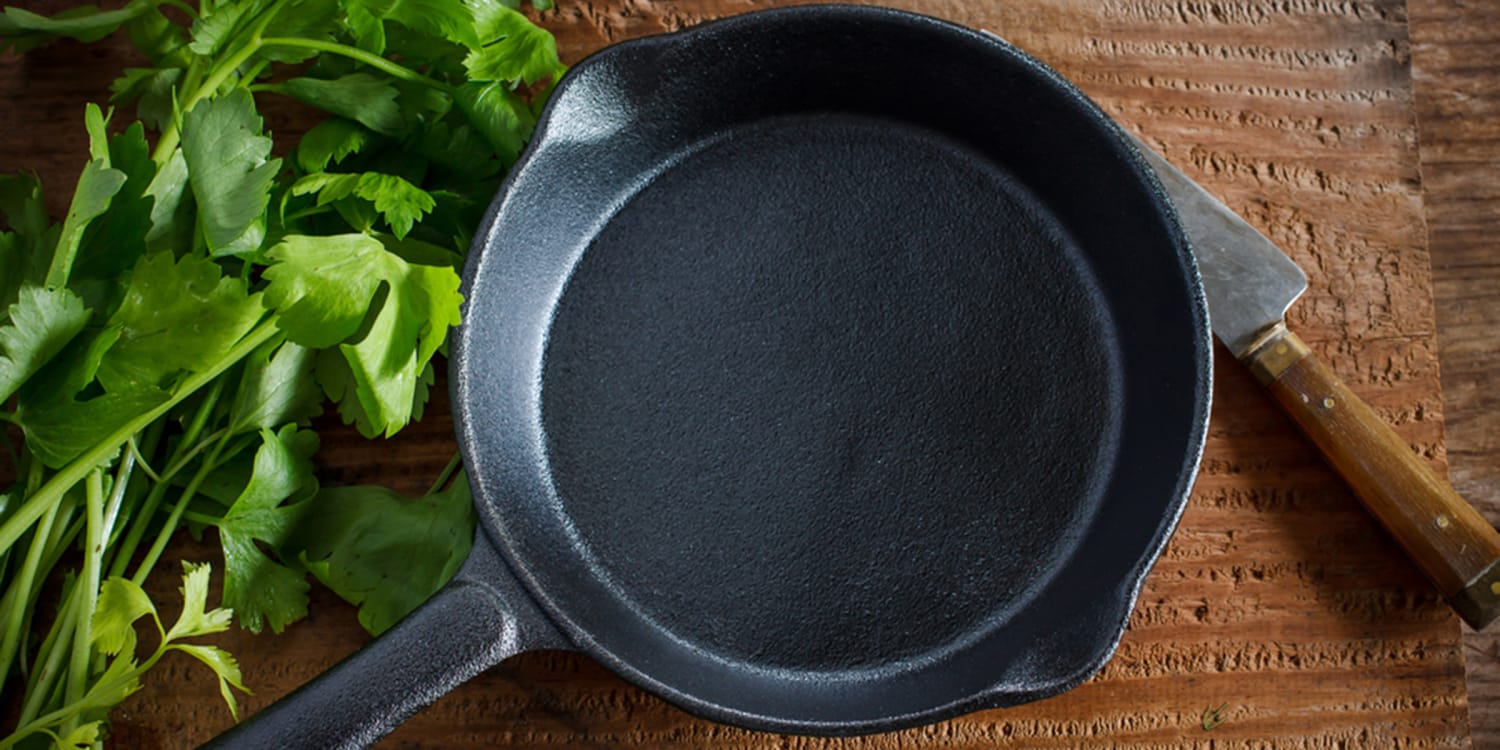

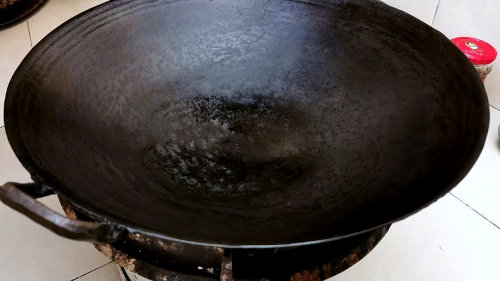

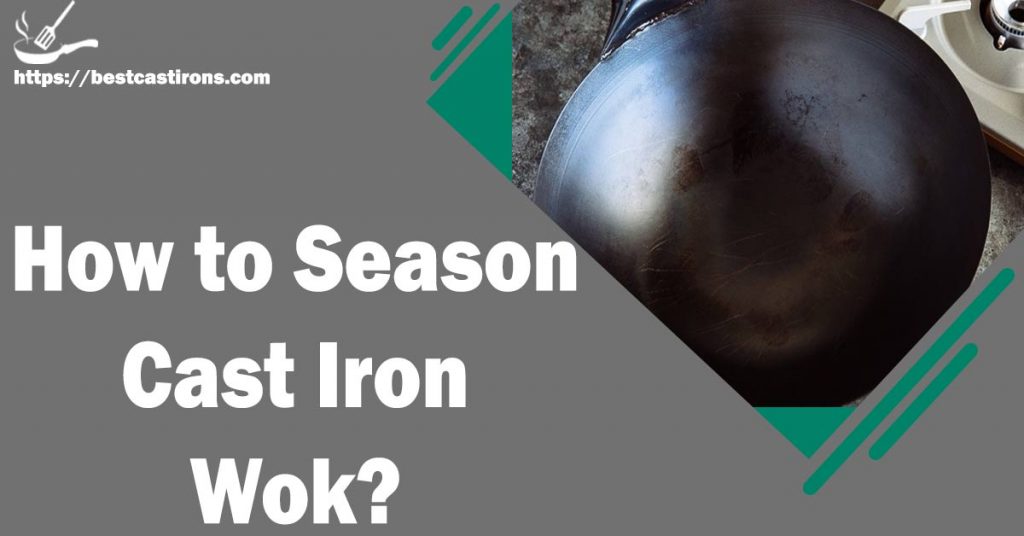













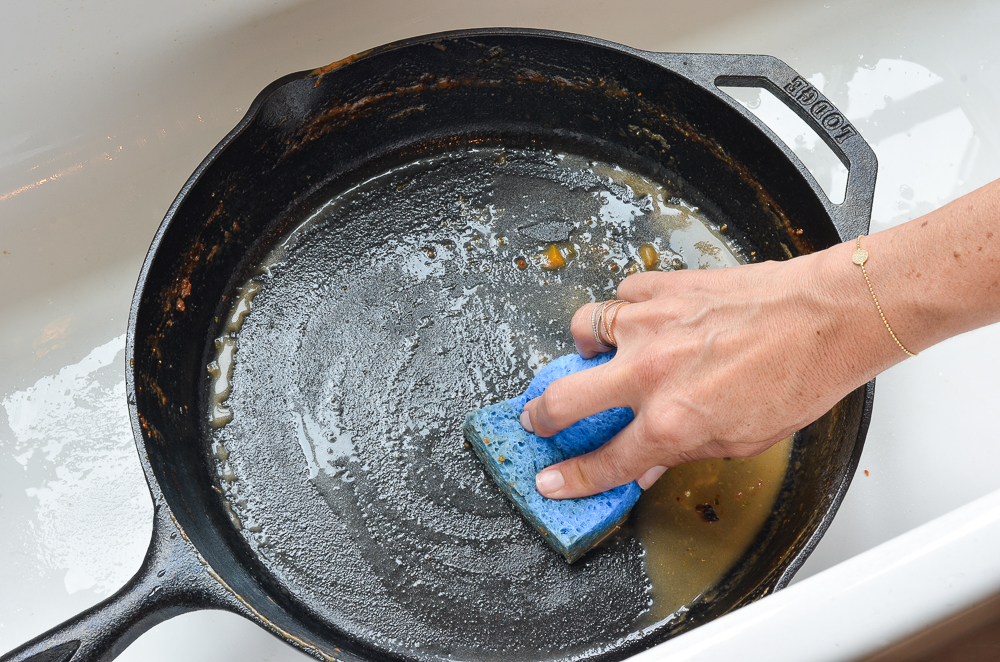
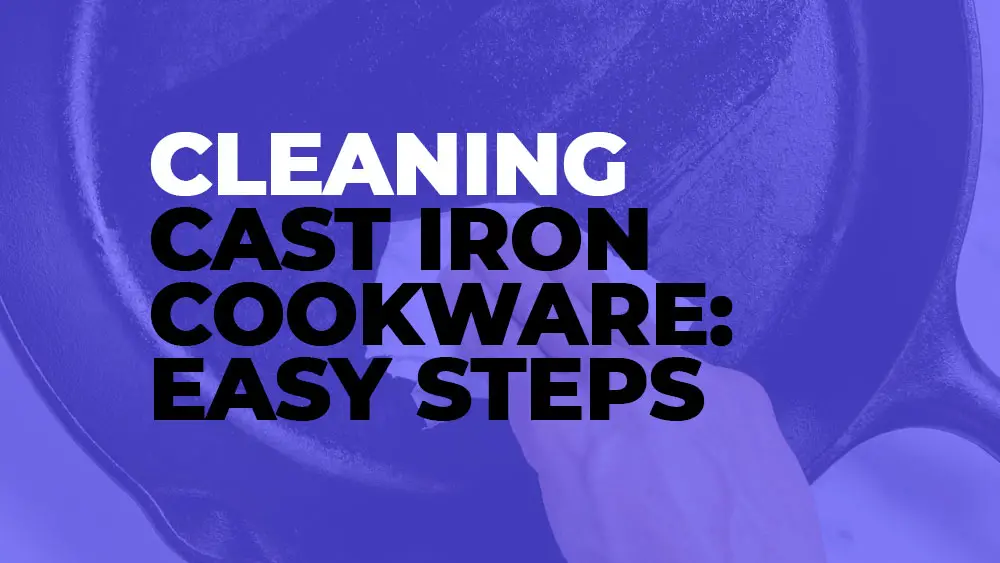



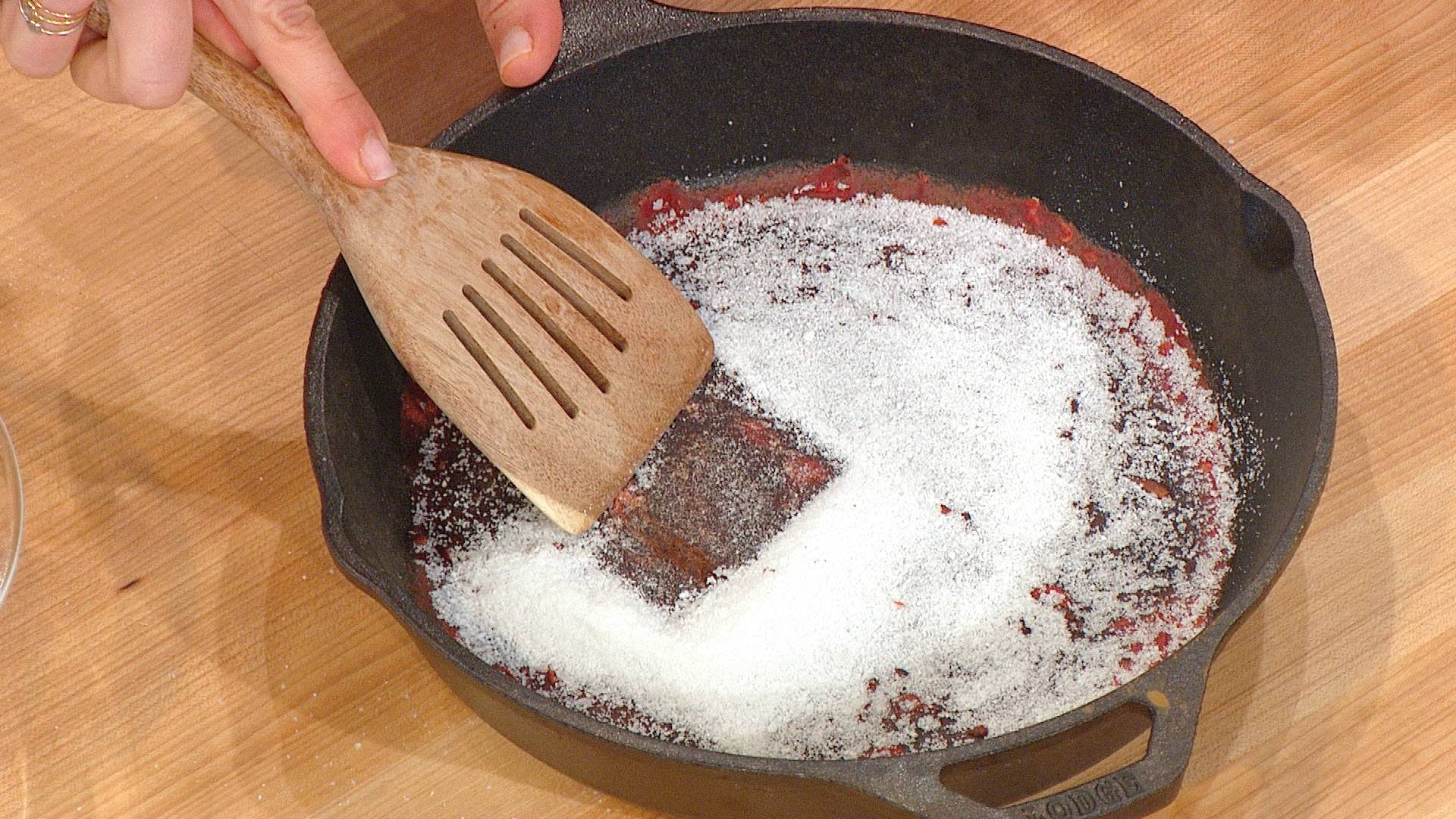

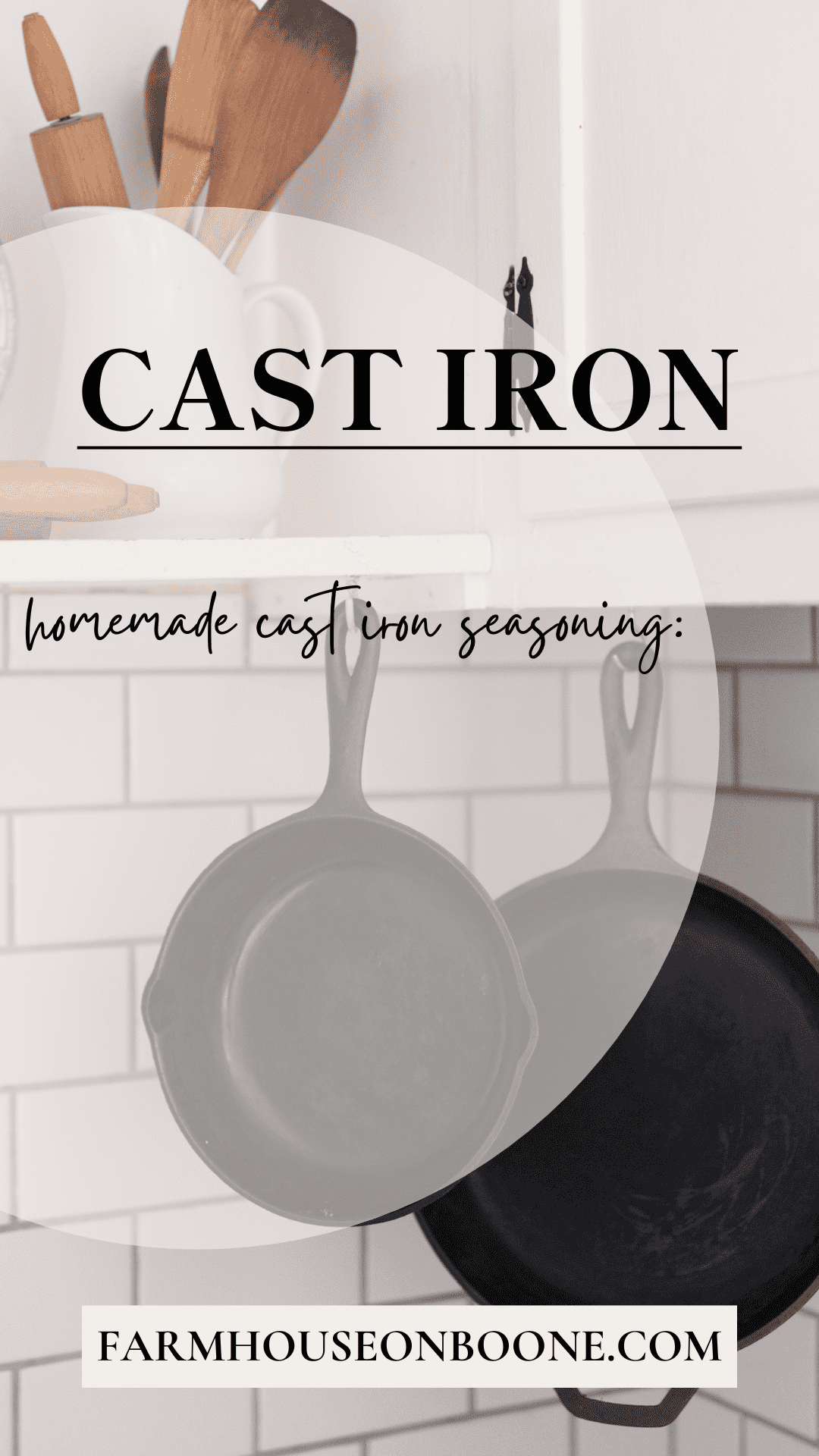
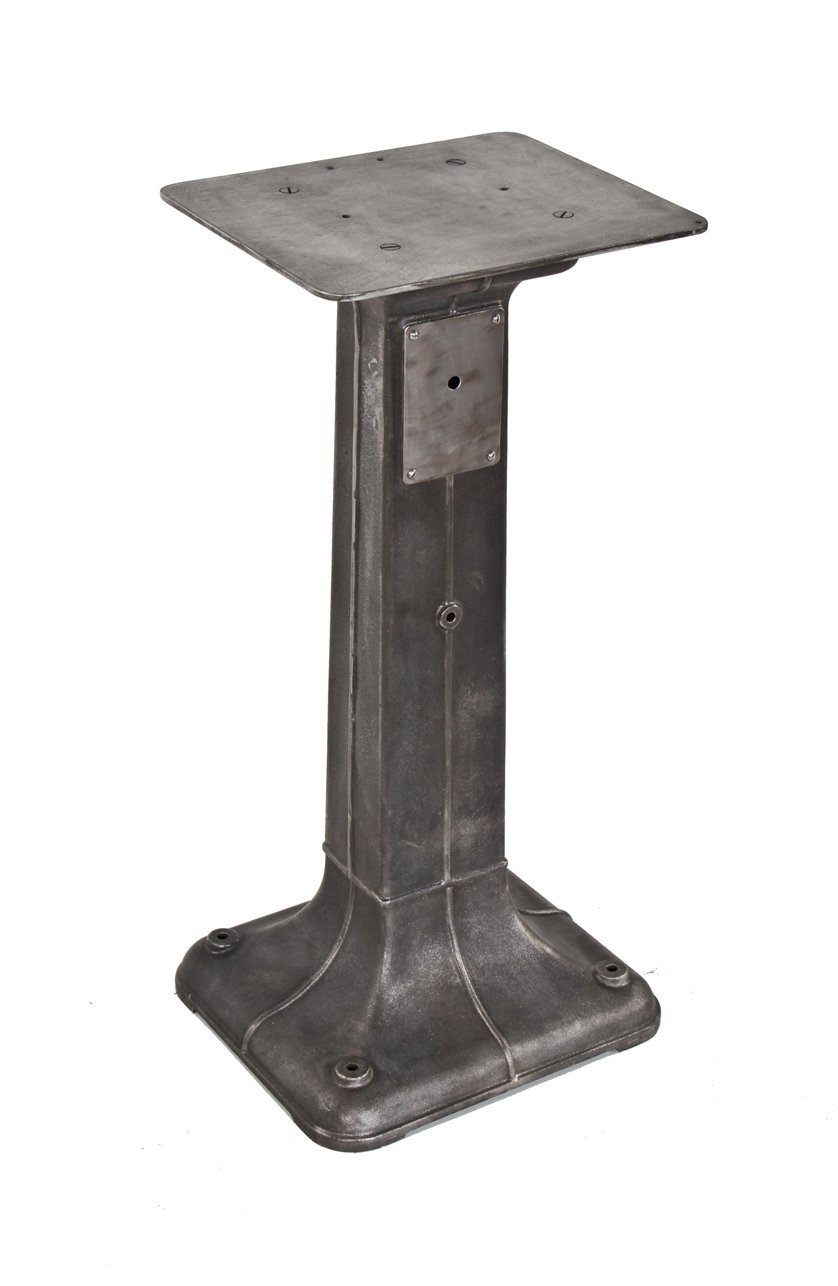

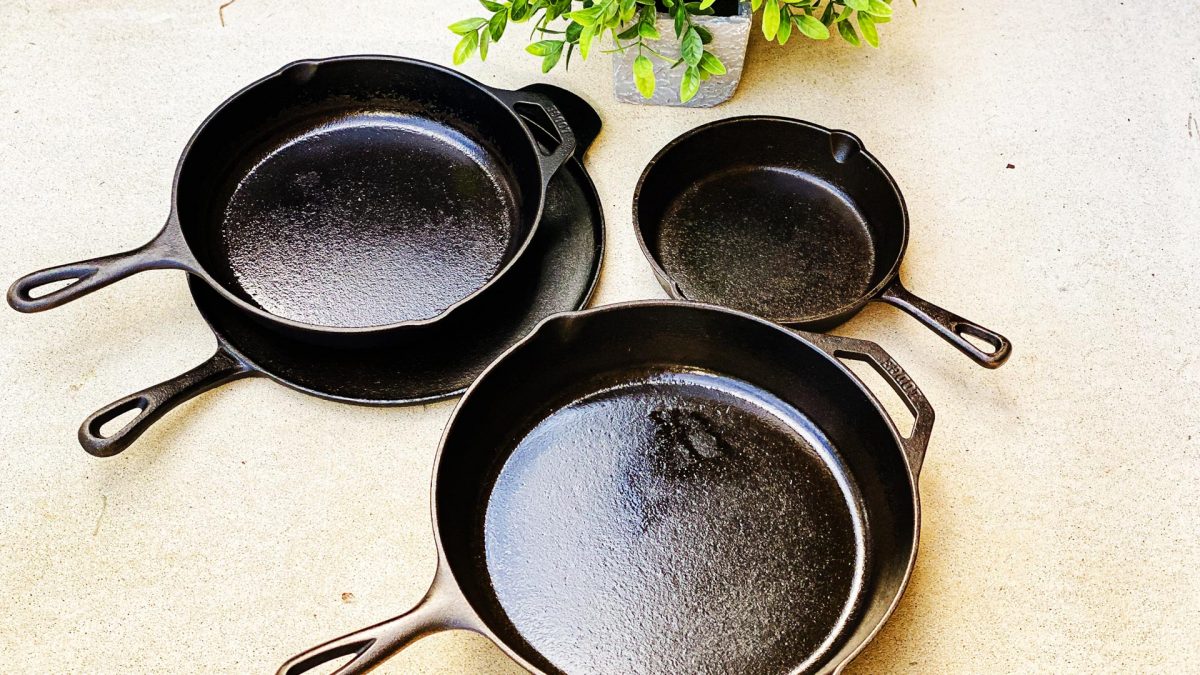
:max_bytes(150000):strip_icc()/super-thin-cast-iron-pan-steaks-FT-BLOG0316-b963522342d1473092f9096ed61caaee.jpg)
/__opt__aboutcom__coeus__resources__content_migration__serious_eats__seriouseats.com__images__2014__11__20141106-cast-iron-myth-1-8ff1d69b5ead4305adf927d7bb705246.jpg)
